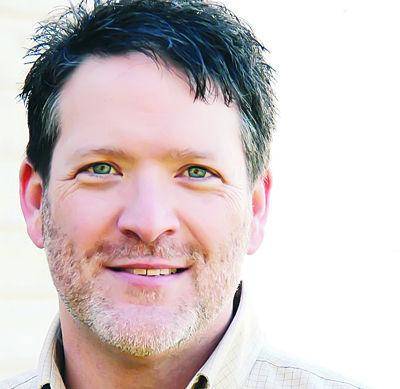In the church of my youth the order of service was well established, though it was never written down. To print it on paper or to follow a predetermined script was to “quench the Spirit.” That was the thinking in the free, fundamentalist, slightly pentecostal tradition that formed me.
Yet, the sequence of our services never changed. The beginning included a welcome, a report from the Sunday school Director, and an invocation. This was followed by robust congregational singing, the passing of the collection plates, a time of far afield prayer requests ranging from the moral collapse of the country to Uncle Boone’s bunion.
Then, just before the sermon, would come the “special music.” This was performed by the choir, a visiting musician, or one of the soloists from the congregation. One of those soloists was an old man name Marvin. He was about the age of Moses, best I could tell, a wispy man not much over five feet tall.
He would stand behind the pulpit, always dressed in a gray pinstriped suit, and sing with tears streaming down his face. As sure as his attire and tears would be his song selection: A hymn entitled, “The Love of God,” and he never failed to provide the backstory to how the song made its way into our hymnal.
Fred Lehman wrote the song in 1917, the first two stanzas coming easily but the third verse – and what good is a hymn without at least three verses! – eluded him. A friend passed along an anonymous poem found etched on a prison wall many years earlier. The words fit Lehman’s tune perfectly, so he adopted them, footnoting the nameless source.
By the time Marvin told this story and sang that third verse, most of the congregation was a tearful mess – though we had all heard the story countless times over the years. I wish Marvin was still alive today to hear the story behind Lehman’s story, for that third stanza isn’t anonymous at all. It was penned by an 11th century rabbi, Meir ben Baruch.
The stanza reads: “Could we with ink the ocean fill, and were the skies of parchment made? Were every stalk on earth a quill, and every man a scribe by trade? To write the love of God above, would drain the ocean dry. Nor could the scroll contain the whole, though stretched from sky to sky.”
I believe these words with all my heart. The day I stop believing them will be the day I surrender my belief in God; because to believe in God is to believe in the love of God. It is to believe that love cannot be quenched, exhausted, or extinguished.
The Dalai Lama is fond of saying, “Love is my religion” (so is Ziggy Marley, Jesus, Rabbi Meir, and all the great prophets). At our best, we know this to be true, for the constant, never changing love of God holds our lives together, as if “stretched from sky to sky.”
Ronnie McBrayer is a speaker, storyteller and spiritual navigator in the way of Jesus. He is a published author, syndicated columnist, pastor, speaker and musician. A native of the North Georgia Mountains, he now lives along the coast of the Florida Panhandle.

